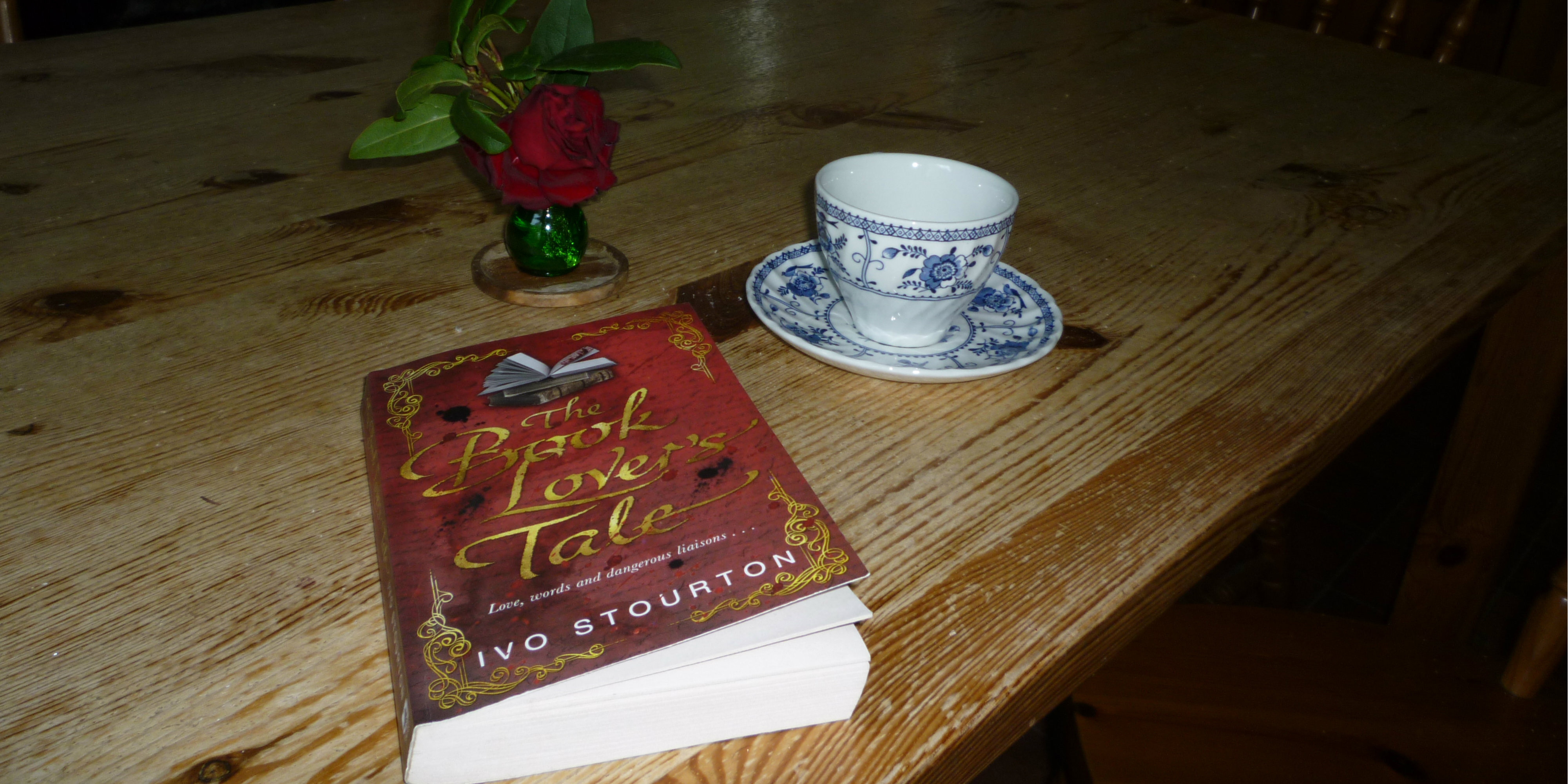Blogs
Morality for the Modern Man

“Morality for the Modern Man”
Review of “The Book Lover’s Tale” by Ivo Stourton
This is one of those books I didn’t want to stop reading, the sort you wish could go on for ever, the sort you go on thinking about long after you’ve finished it.
The prologue has an odd sort of conversational tone, which I found slightly disconcerting but this was dropped in the first chapter, replaced by a pacey, narrative style.
The story moves fluidly and easily, allowing the reader to look back on the past whilst moving forward with the action at the same time.
The main protagonist is not a likeable character: he is vain and egocentric and although we are given reasons for his behaviour (his mother’s early death, his wife’s perceived disloyalty) it is not enough to excuse his actions.
This is a book where descriptions really count, not simply visual, but sensual, the feel, the smell, the sounds all brilliantly depicted. I particularly enjoyed this:
“The shop was empty of patrons and the lights on the displays, bronze arms holding long bronze shades, were extinguished. There was, however, the glow of light and the sound of laughter and old jazz from behind one of the stacks at the back. I felt instantly at home. I think it was the smell of the air, which was musty and thick, and charged with a underlying masculinity. It was just like the air in my father’s study and it made me feel I already knew the men in the room, whoever they were, intimately. I crept forward. There were four men in a pool of light, which came from the shaded bulb in the ceiling overhead. There was whisky on the table, and crystal tumblers of ochre liquid, and the smell of that was part of what I had taken for the smell of my father.”
The characters are well drawn, particularly the protagonist’s long-suffering and all-knowing wife, who I felt I knew extremely well. The notable exception, however, was the heroine, who I never felt I really knew at all. Similarly the love story is strangely objective and lacking in depth and reality. Conversely the sex scenes ring true, with none of the coyness often displayed by other authors.
The protagonist’s gradual descent into psychosis is set against the backdrop of London at the height of the financial crises, where great wealth and greed go hand in hand with imminent disaster.
This book is clever on many levels. Not only a tale of obsessive love, it is a story of the balance of power in relationships, of literary elitism, and of the importance of money and what it can buy. It is interesting to note that the main protagonist, who purports to love literature for its own sake, and to abhor those who know nothing about it, still thinks of his library as an investment.
The title is clever too: reminiscent of The Canterbury Tales, it tells us this is a moral story, a story with a message: that retribution awaits those who transgress.
Bethany Askew is the author of eight novels: The Time Before, The World Within, Out of Step, Counting the Days, Poppy's Seed, Three Extraordinary Years The Two Saras and I Know You, Don't I? She has also written a short story, The Night of the Storm, and she writes poetry. Two more women’s fiction books have been accepted for publication in 2020 and 2021 respectively and she is currently working on a new novel. In her spare time she enjoys reading, music, theatre, walking, Pilates, dancing and voluntary work. Bethany is married and lives in Somerset.
Recent Comments
- Bethany Askew on About the Author
- Louise Tyrrell on About the Author
- Bethany Askew on About the Author
- Yola Munro on About the Author
- Andrea crosland on About the Author
-
Latest Posts
Meta
Bethany Askew
Bethany Askew is the author of eight novels:
The Time Before, The World Within, Out of Step, Counting the Days, Poppy’s Seed, Three Extraordinary Years,The Two Saras and I know you, Don’t I?
She has also written a short story, The Night of the Storm, and she writes poetry.
Two more women’s fiction books have been accepted for publication in 2020 and 2021 respectively and she is currently working on a new novel.
In her spare time she enjoys reading, music, theatre, walking, Pilates, dancing and voluntary work.
Bethany is married and lives in Somerset.
-
My Twitter Feed
-
Today from Bethany Askew Novelist : Book Review: The Woman in the White Kimono by Ana Johns https://t.co/2J6L2spX7t... 4 years ago
-
Copyright - Bethany Askew 2009 - 2016 Follow @AskewBethany
